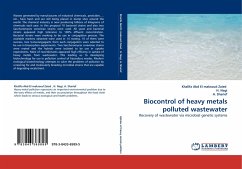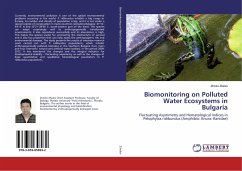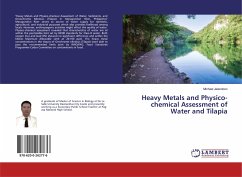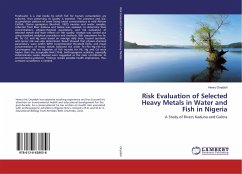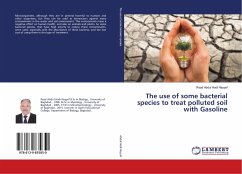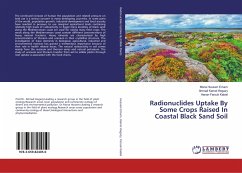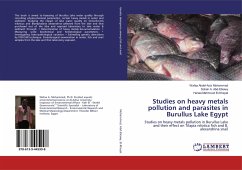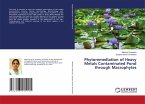Wastes generated by manufactures of industrial chemicals, pesticides, ... etc., have been and are still being placed in dump sites around the world. The chemical industry is now producing billions of kilograms of chemicals each year. In this proposal 10 bacterial strains and also two Saccharomyces cerevisiae strains were used. All yeast and bacterial strains appeared high tolerance to 100% effluent concentration. Bacterial strains were marking to be use in conjugation process. The available markers obtained were used in 14 mating, 10 of them were success, two transcongugants from each conjugation were selected to be use in biosorption experiments. Two Saccharomyces cerevisiae strains were mated and the hybrids were isolated to be use in uptake experiments. Most of recombinants appeared high efficieny in uptake of heavy metals from wastewater. This leading us to developing biotechnology for use in pollution control of hazardous wastes. Modern ecological biotechnology attempts to solve the problems of pollution by screening for and molecularly breeding microbial strains that are capable of degrading recalcitrant.
Bitte wählen Sie Ihr Anliegen aus.
Rechnungen
Retourenschein anfordern
Bestellstatus
Storno

